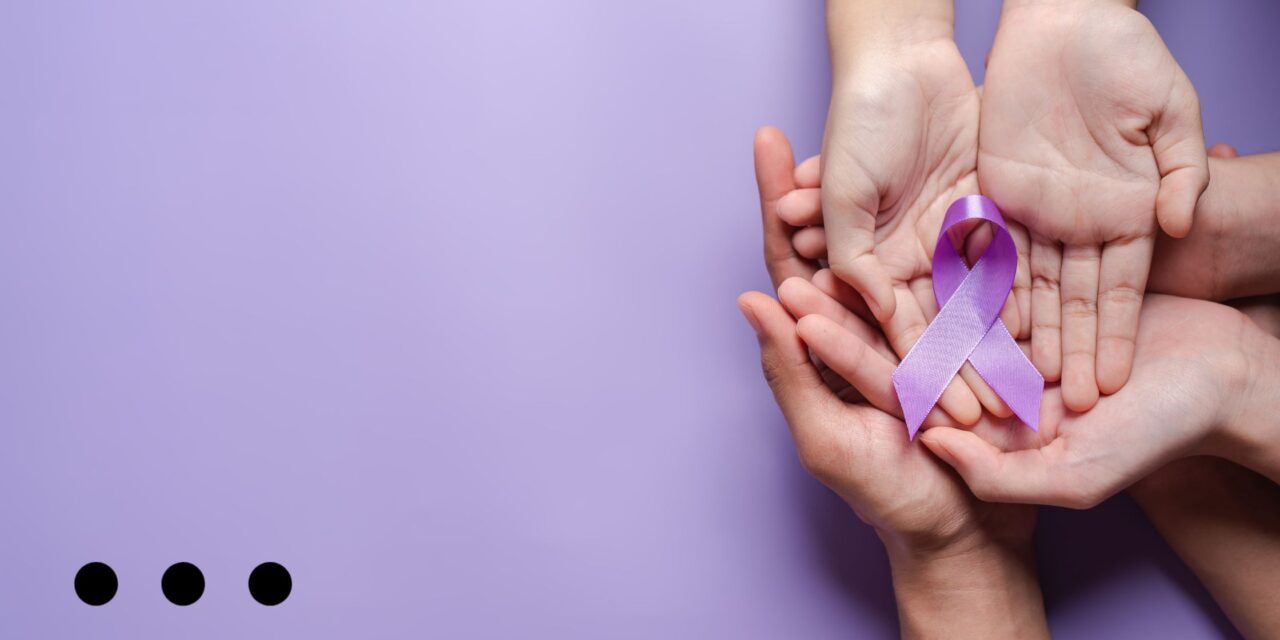International Overdose Awareness Day (IOAD) is held every August 31. It started in Australia in 2001 but has expanded over the past two decades and now involves hundreds of events worldwide.
IOAD seeks to remember those who’ve died from a drug overdose, raise awareness about the gravity of the overdose crisis the world experiences, and ultimately end overdoses.
Let’s delve into the growing importance of overdose awareness in a world struck with drug use and how you can help support the movement.
History of International Overdose Awareness Day
International Overdose Awareness Day (IOAD) started in Melbourne, Australia, in 2001 with Sally J. Finn, a Salvation Army member.
Sally J. Finn started IOAD to honor those who have died from drug overdoses and to provide support to their grieving families. At its inception, the main goal was to raise awareness about the overdose crisis and to reduce the stigma surrounding drug-related deaths.
Over the years, IOAD has grown into a global event, recognized and supported by many organizations, communities, and individuals worldwide.
As a result, it has become a movement with the broader goals of educating the public about overdose prevention and advocating for better policies and practices to tackle the issue.
One of the critical aspects of IOAD is the emphasis on the preventability of overdoses. By providing information on harm reduction strategies, safer drug use practices, and access to life-saving resources like Naloxone, IOAD empowers people to take action in their communities.
Some of the movement’s prominent supporters are the Penington Institute of Australia and the Salvation Army. With the help of these organizations and many other local supporters worldwide, IOAD observers organize activities such as educational events, remembrance ceremonies, and community outreach programs.
How to Participate in International Overdose Awareness Day
Participating in IOAD is a meaningful way to honor those lost to overdose and support those affected. There are several ways to get involved:
Attend or Organize Events
Many communities host remembrance ceremonies, candlelight vigils, educational workshops, and Naloxone training sessions. Check the official Events page of IOAD organization to see if any events are planned near you.
If there aren’t any in your area, consider organizing one. Partner with local organizations, secure a venue and promote the event through social media and community boards.
By filling out this form on its website, you can register your event so it is officially associated with the IOAD organization.
Join a Social Media Campaign
Use your social media platforms to spread awareness. Share personal stories, facts about overdose prevention, and resources using hashtags like #IOAD and #EndOverdose.
Spread the Word by Yourself
In addition to participating in social media campaigns, you can use the official website’s Campaign Resources to get email signatures, posters, Zoom backgrounds, T-shirt designs, and other media to spread the word about the event and its importance individually.
Petition Your Local Government to Acknowledge International Overdose Awareness Day
There are multiple ways to get your local government to acknowledge. Some of the most impactful ones are:
- Petitioning your local government to fly flags at half-mast on August 31.
- Requesting your Governor or Mayor to issue a proclamation recognizing August 31 as International Overdose Awareness Day.
Donate to the International Overdose Awareness Day Organization
Donate to the International Overdose Awareness Day organization to help promote new events and spread the word on the seriousness of the overdose epidemic the world is going through.
Resources for Addiction Treatment and Support
Part of helping end overdoses is knowing what addiction support resources we have available and directing people in need to them. Here are some valuable resources.
Resources for Addiction Treatment and Support
Part of helping end overdoses is knowing what addiction support resources we have available and directing people in need to them. Here are some valuable resources.
Organizations and Helplines
- SAMHSA (Substance Abuse and Mental Health Services Administration): Call the National Helpline at 1-800-662-HELP (4357) for confidential, free, 24/7 treatment referral and information services.
- National Institute on Drug Abuse (NIDA): Provides comprehensive resources on drug use and treatment options.
- Partnership to End Addiction: Offers support through their helpline at 1-855-378-4373 and online resources.
- Alcoholics Anonymous (AA): Visit www.aa.org to find local meetings and resources for alcohol addiction support.
- Narcotics Anonymous (NA): Visit www.na.org to find meetings and resources for narcotic addiction support.
Online Resources and Educational Materials
- Shatterproof: Provides educational materials and resources for addiction treatment and recovery at www.shatterproof.org.
- Drug Policy Alliance: Offers information on drug policies and harm reduction strategies at www.drugpolicy.org.
- Harm Reduction Coalition: Visit www.harmreduction.org for resources on harm reduction practices and overdose prevention.
- Overdose Lifeline: Provides educational materials on overdose prevention and Naloxone distribution at www.overdoselifeline.org.
These resources provide essential support and information for those affected by addiction, helping individuals and families start the path to recovery.
Join International Overdose Awareness Day This August 31
International Overdose Awareness Day (IOAD) shines a light on the devastating impact of drug overdoses and the importance of addiction recovery. It reminds us that every life lost to overdose is one too many, and it encourages communities to come together to prevent these tragedies.
We encourage you to get involved in IOAD. Attend events, share information on social media, advocate for local recognition of IOAD, and donate to the organization behind it.
Together, we can make a difference and promote a future where overdose deaths are a thing of the past. Your participation and support can save lives and bring hope to those struggling with addiction.

